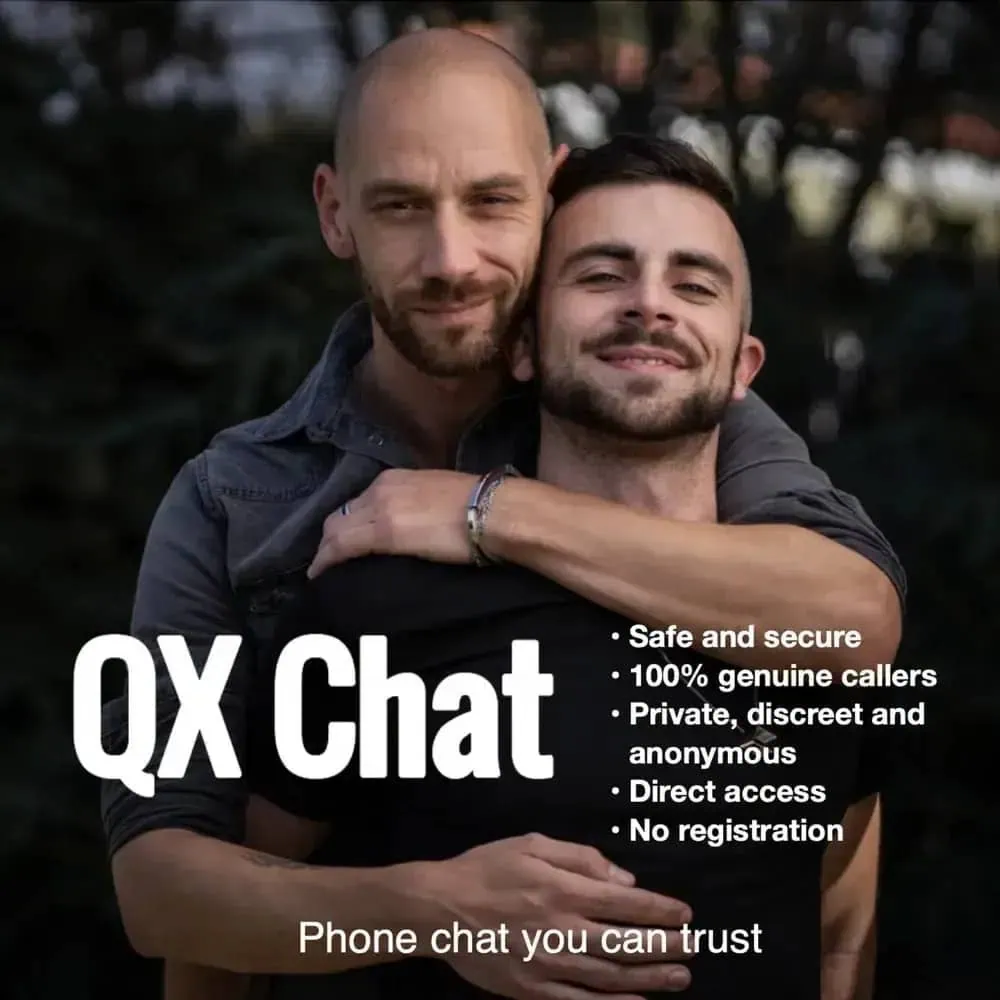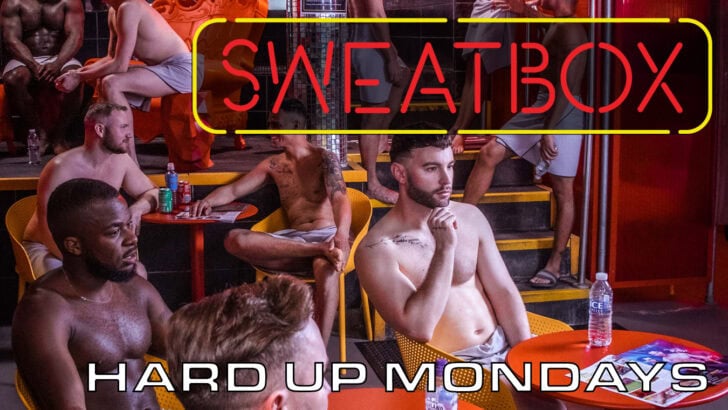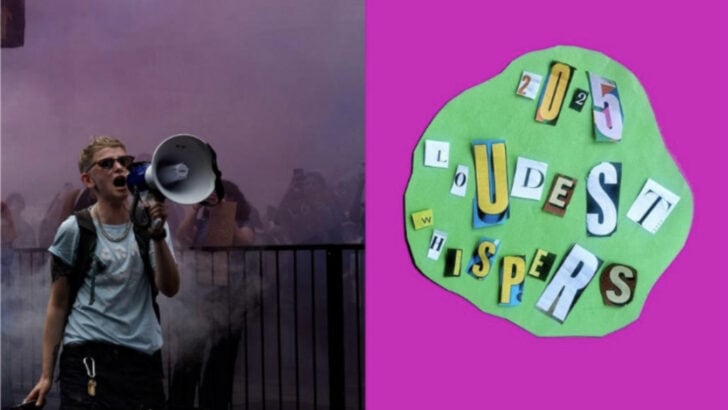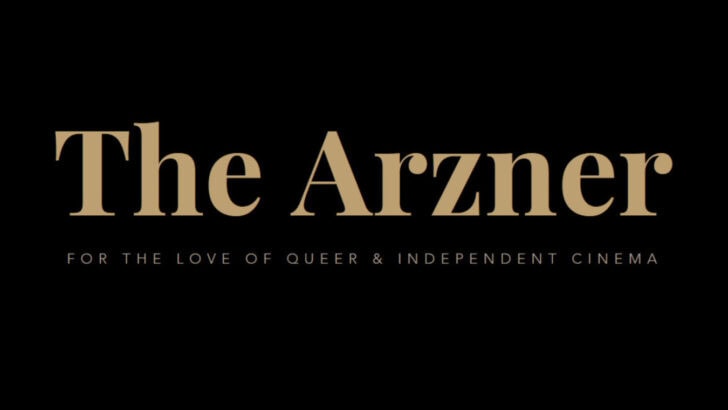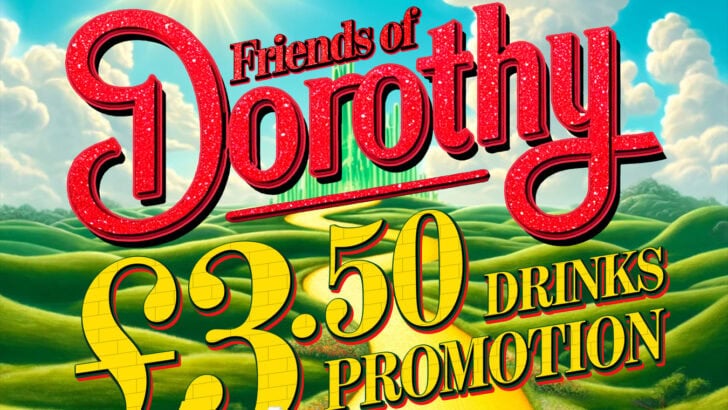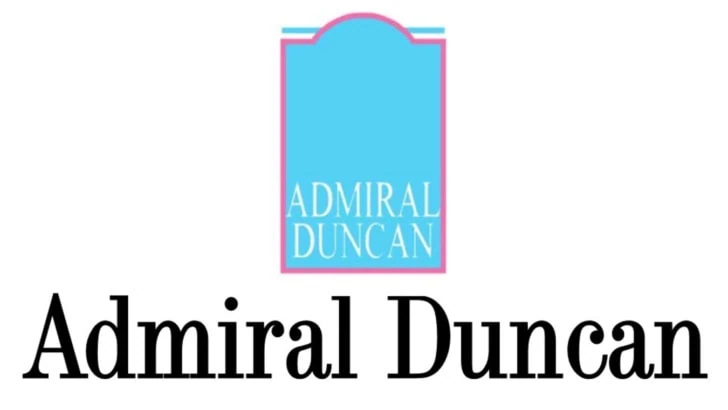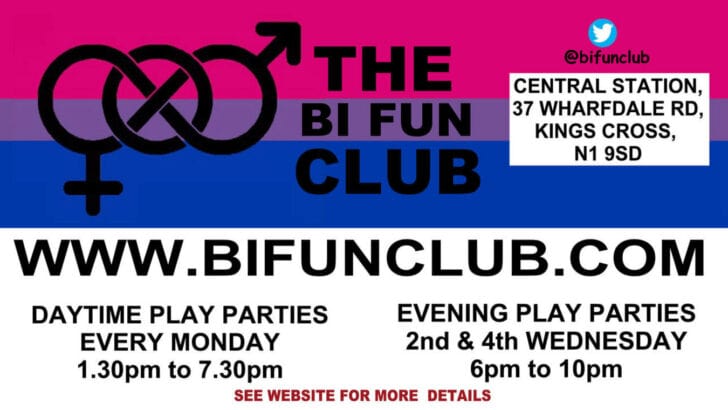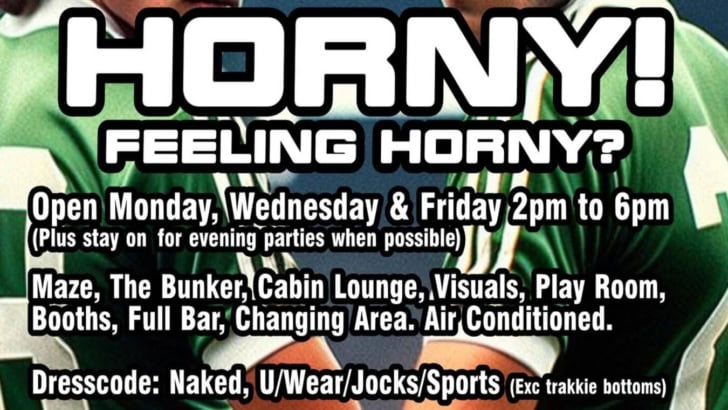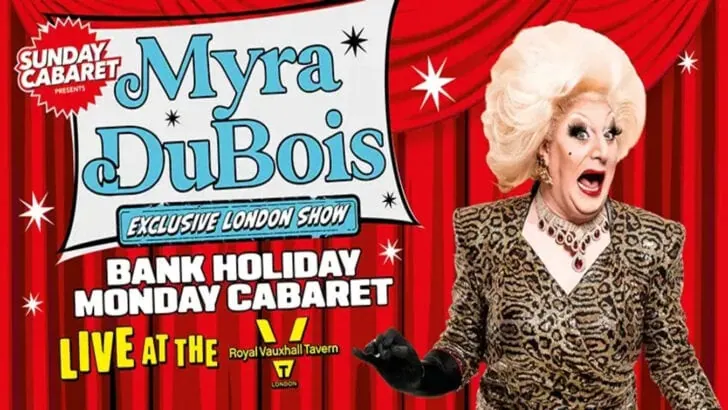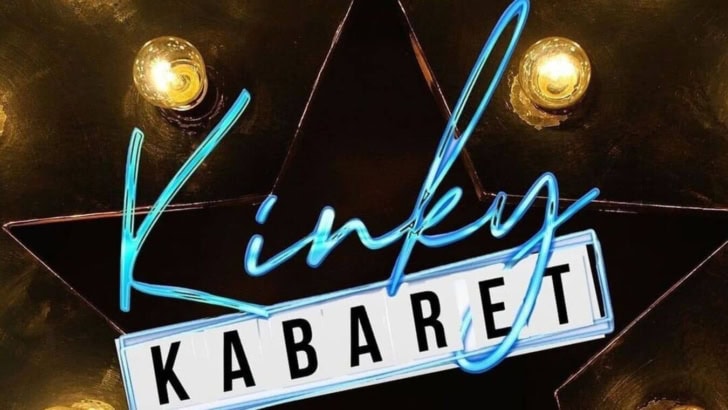Both people of ethnicity and LGBT citizens are ostensibly within the ‘margins’ of mainstream society. But does this mean a solidarity between the two groups, or a passing on of oppression through the oppressed? Patrick Cash looks into the subject.
By Patrick Cash
RuPaul was asked in an interview recently if he thought, as a black man, that homophobia was more prevalent within the black community. In his answer, he said: “People who have been oppressed take on the characteristics of their oppressor, and that is unfortunate… You would think that natural allies would be black folks, gay folks, because the plight is really the same. But that’s not the case because of that oppression storyline.”
When Frank Ocean revealed on a Tumblr note in 2011 that he had once been in love with a man, it was heralded by the global media as a brave, pioneering action. Here was a representative not only of the musical genre R’n’B/rap, atypically associated with a proud, straight masculinity, but also of the black community declaring his deeply felt emotional ‘transgression’ of sexuality.
But it was only so brave and pioneering because the black community is traditionally perceived to be less accepting of homosexuality than most aspects of Western society in general. Perhaps these perceptions are wrong. But the flippant use of homosexual-based slurs in raps, and statistical facts such as that 70% of Californian black families supported the same-sex marriage ban, appear to back up the idea in America.
However, when I spoke to London-based artist Jacob V Joyce recently about how the black community in the UK treats sexuality, he said: “Black culture is a huge, huge thing. The black community in London from what I can see doesn’t have that much more homophobia than the white community… In my own experience I’ve experienced lots of homophobia from white people and black people, but I think you might just hear it a bit louder from a community that doesn’t have much of a voice in other places.”
What really ignited the race-sexuality debate in recent weeks was the Macklemore ‘Same Love’ furore, sweeping up at the Grammys. Straight, white rapper Ben Haggerty’s ode to marriage equality for LGBT citizens has come under fire for lines such as “if I was gay, I would think hip-hop hates me”. These soundbites are said to perpetuate myths of homophobia in black music genres and, by extension, the wider black community, with many of the most outspoken critics stemming from voices of the black LGBT community.
Joyce thinks it’s a deeper, and more systemic, problem behind the mistrust directed towards Macklemore. “It’s annoying in 2014 to see there are so many amazing black rappers like LE1F, Cakes Da Killa, Mykki Blanco, Angel Haze, talking about their struggle of being black and gay/queer and it not really getting that much media attention. But then a middle class white person comes along and says, “Hey, it’s okay to be gay’ and he wins all the awards. It reminds me too much of Elvis when there were all these oppressed black people literally singing songs about oppression and then he took those songs and sung them in a cheerful way and he’s King of Pop.”
One of the most powerful and important speeches about oppression in our era went viral across the internet recently, courtesy of Irish drag queen Panti Bliss. She spoke of checking herself for her sexuality, ‘what gives the gay away’, at road crossings. “That feels oppressive,” she says. Imply this neuroses of insecurity into a marginalised community and it takes a lot of innate strength to not try for an easy ego boost by superficially strengthening the ego against others, as RuPaul himself goes on to say in his interview.
Whether you are oppressed by way of your race or your sexuality, or even both, it will take a collective strengthening of resolve to shrug off the secondhand characteristics of oppression.
• To read the full interview with Jacob V Joyce go to: qxmagazine.kinsta.cloud/blog-event/in-conversation-with-jacob-joyce
